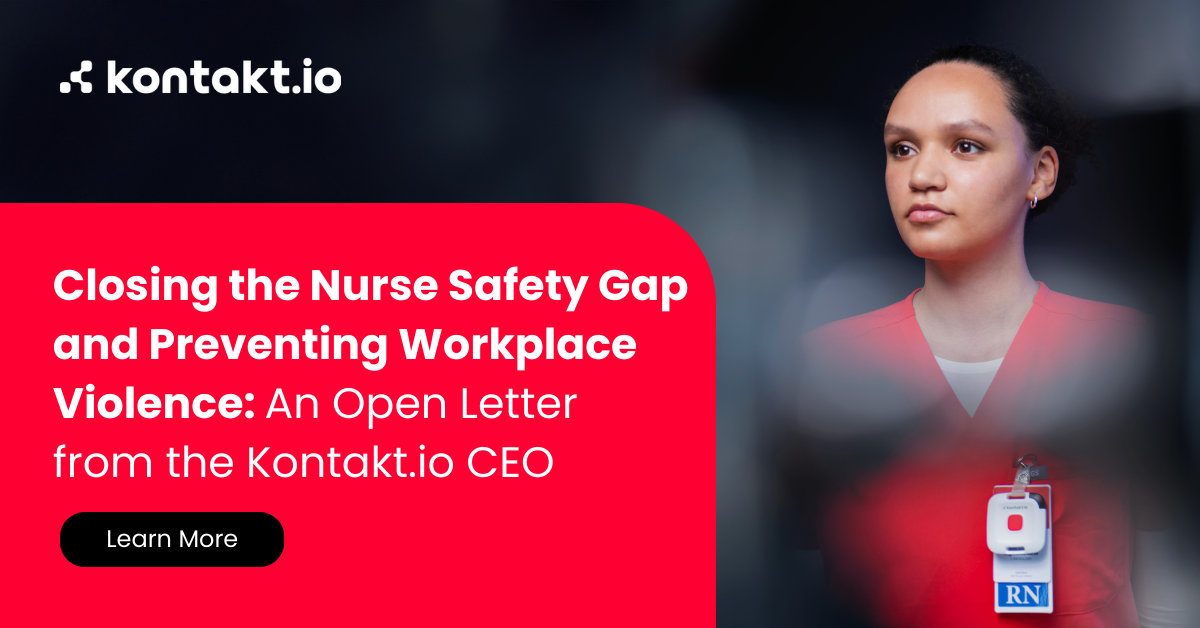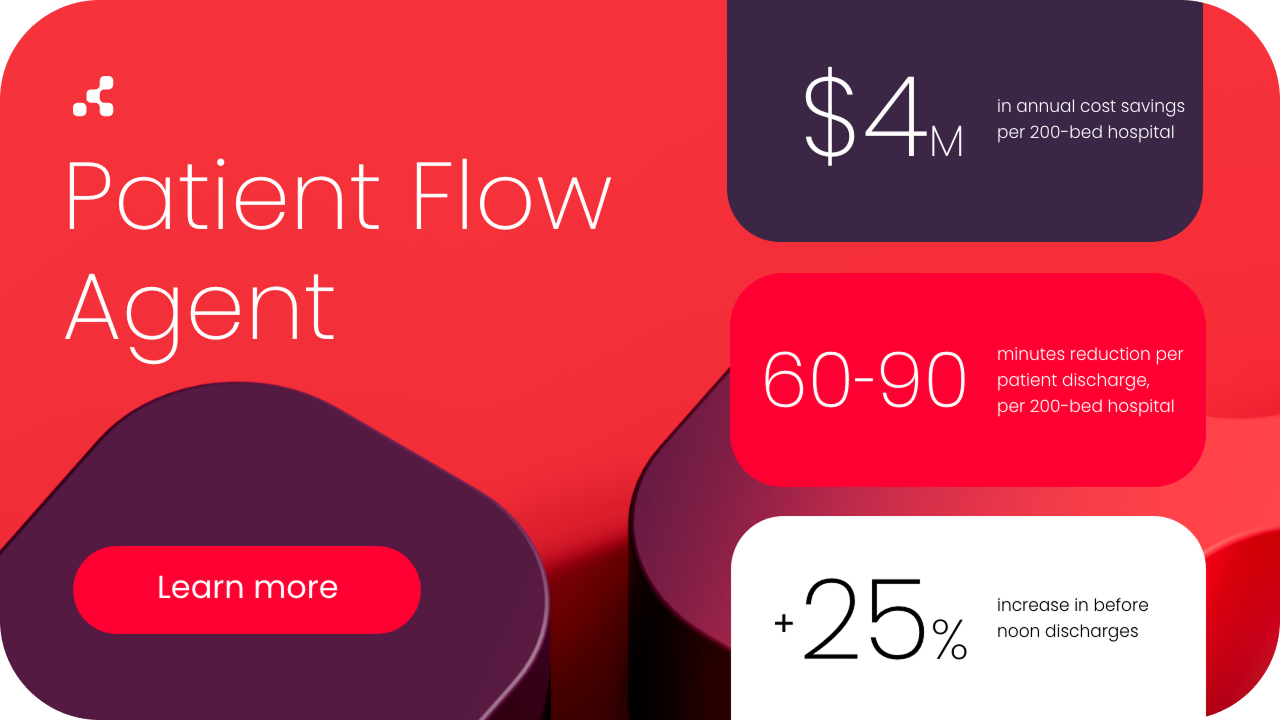Philipp von Gilsa, the CEO of Kontakt.io, is often asked about his perspective on artificial intelligence (AI) in healthcare: clinical vs. operational, hype vs. reality, promise vs. implementation.
In this blog post, we’ve collected a few news article highlights. Here you’ll find glimpses of his vision of the future for asset tracking providers, hospital asset utilization, and healthcare real-time location systems (RTLS). Read his quotes here or click through for the full articles.
Real Time Location Tracking Healthcare Solutions
In Healthcare IT News, Philipp von Gilsa explains how hospitals are wasting money and resources because of inefficiencies in patient flow, staff coordination, and equipment management: “Delays in room turnover lead to bed shortages, misplaced assets result in unnecessary capital expenditures, and fragmented processes force clinicians to spend time on phone calls instead of patient care,” he says. “AI-powered hospital real-time location systems eliminates these inefficiencies. And financially, it helps hospitals reduce unnecessary capital expenditures; operationally, it enhances care coordination; and for patients, it means shorter wait times, faster admissions and a smoother overall hospital experience.”
Kontakt.io’s unique combination of AI and RTLS in hospitals is what makes care delivery operations proactive, responsive, and financially sustainable. “The key to reducing waste is not just tracking assets or collecting more data. It’s using automation and AI-driven insights to make hospital operations proactive instead of reactive.”
Unlocking Utilization with AI in Healthcare RTLS
In Fierce Healthcare, Philipp von Gilsa is quoted as part of their article, “Pulse check on AI in healthcare,” where he says: “Healthcare CIOs are shifting their focus from clinical AI to AI-driven power tools for cost reduction and waste elimination. The greatest potential lies in hospital operations, resource utilization, and workflow automation, where AI can cut inefficiencies and optimize capacity—all without the high-stakes risks of clinical decision-making.”

At HIMSS25, Philipp von Gilsa sat down with BIll Russel for an interview on This Week Health.
Watch the video and hear more about how healthcare delivery is being reimagined with next-generation real-time location systems (RTLS) in hospitals. Paired with AI, we’re now moving from a process of data collection to data application. What does “next-gen RTLS in hospitals” really mean?
Hear the key points from the CEO on Kontakt.io in this interview:
Orchestrating Care with Agentic AI and Next Generation RTLS for Hospitals
The American Journal of Healthcare Strategy also quoted Philipp von Gilsa after a conversation at HIMSS25, publishing his perspective on a very near future where AI agents take on real-time decision-making responsibilities, freeing up clinical staff to focus on patient care.
“The emergence of agentic AI will allow health systems to significantly reduce the number of applications they use, creating greater simplicity and savings,” says Philipp on Gilsa. “An effective AI agent that consolidates real-time RTLS and EHR data in one location can go beyond insights to make autonomous decisions and actions. For example, progressive hospitals are now deploying AI agents to assist house supervisors in orchestrating inpatient care operations, coordinating equipment, staffing, and capacity needs. Additionally, agentic AI predicts future bottlenecks and dynamically reallocates resources in real-time to free caregivers to focus on patient care rather than logistical issues. As we leverage digital solutions and AI in healthcare, the focus must remain on how these technologies improve care delivery without adding complexity.”
Learn more about Philipp von Gilsa’s vision and the Kontakt.io Care Operations Platform.




